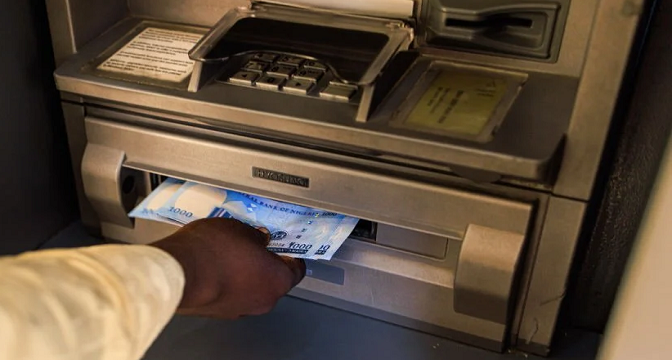The Central Bank of Nigeria (CBN) has announced restrictions on local transactions for the newly introduced Non-Resident Nigerian Ordinary Account (NRNOA) and Non-Resident Nigerian Investment Account (NRNIA), which are specifically intended for Nigerians residing abroad.
In a circular issued on January 10, the CBN emphasised that deposits into these accounts “must originate from external sources through approved channels,” the circular, signed by Dr. W. J. Kanya, acting Director of the Trade and Exchange Department, said
Read also: CBN speaks on exit of 1,000 staff, N50 billion severance plan
“Local deposits are not allowed, except traceable profits from authorised local investments connected to previous foreign exchange transactions and inflows of foreign currency, such as selling FCY balances to authorised dealers.”
“Transfers to other local accounts within Nigeria are allowed only in naira ” the statement adds.
The restriction is a component of a larger structure designed to guarantee that the accounts fulfil their stated function of increasing investments and remittances from the diaspora.
Goals of the NRNOA and NRNIA accounts
The NRNOA is designed to allow Nigerians living abroad to manage their finances in Naira or foreign currency (FCY) and to send foreign earnings back to Nigeria, with examples of income sources including salaries, allowances, dividends, and rental income.
Non-resident Nigerians (NRNs) are permitted to manage finances in naira or foreign currency (FCY) and send foreign earnings back to the country under the NRNOA. Salary, allowances, dividends, and rental income are a few examples of these incomes.
Additionally, the NRNOA encourages local investment in healthcare, education, and family upkeep.
The NRNIA, on the other hand, enables NRNs to invest in assets valued in naira or other currencies to promote diaspora investments in Nigeria.
Domestic bonds, stocks, government securities, mortgage products, and the Diaspora Bond are among the acceptable investments.
Read also: CBN orders immediate suspension of export proceeds repatriation extensions
Freedom to diversify investment holdings
The CBN emphasised that these accounts will provide NRNs more freedom to diversify their investment holdings and support the nation’s economic growth.
The apex bank has established stringent rules for local transfers to guarantee adherence to this framework.
Only naira may be transferred from these accounts to other local accounts in Nigeria; monies cannot be locally sourced unless they are connected to authorised investment proceeds.
The CBN explained that this step is necessary to preserve the accounts’ integrity as instruments for diaspora investments and overseas remittances.
Digital solutions
To ensure seamless administration of these accounts, the CBN is promoting digital solutions that will support functions like issuing Bank Verification Numbers (BVNs) and facilitating remote Know-Your-Customer (KYC) updates in partnership with the Nigeria Inter-Bank Settlement System (NIBSS).
These initiatives aim to enhance the accounts’ accessibility for Nigerians abroad.
Eligibility criteria
Eligibility for the NRNOA and NRNIA accounts requires proof of Nigerian identity and residency. This can include a valid Nigerian passport or a foreign passport with proof of Nigerian citizenship. U.S.-based investors must also adhere to the IRS FATCA standards.
The CBN’s plan to maximise foreign investments in the Nigerian economy is reflected in the ban on local deposits.
The CBN hopes to establish a clear and effective system that complies with international Anti-Money Laundering (AML) and Counter-Terrorism Financing (CTF) standards by limiting the sources of funding for these accounts.
Interest earned on these accounts will be subject to Nigerian tax regulations. A forthcoming FAQ document will clarify certain exemptions, such as those related to government bonds.
















